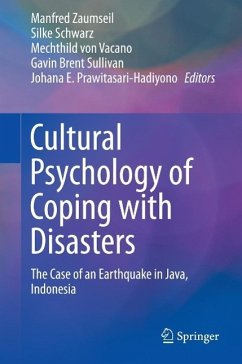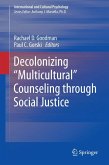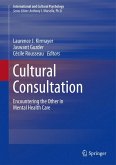Cultural Psychology of Coping with Disasters addresses this omission with an innovative framework for studying culture-specific concepts of vulnerability and local forms of resilience. Expert contributors both build on and transcend traditional clinical ideas to analyze four distinct dimensions of coping: material, social, life conduct, and religious. Extensive findings on the 2006 Java earthquake illustrate both concepts and methods in real-world detail. And a chapter on villagers' visions of their future ably demonstrates the balance between the personal and the collective in coping. Included in the coverage:
- Methodological basis of a culture-specific coping approach.
- Research ethics: between formal norms and intentions.
- Suffering, healing, and the discourse of trauma.
- Disaster aid distribution and social conflicts.
- Critical perspectives on gender mainstreaming in disaster contexts.
- Plus a multidimensional framework for analyzing the coping process.
A truly transdisciplinary work, Cultural Psychology of Coping with Disasters lends itself to a wide range of professional, academic, and research domains, among them disaster psychology, disaster management/aid, cultural psychology, anthropology, public policy, and public health. The book also makes a useful text for courses in these and other fields.
Dieser Download kann aus rechtlichen Gründen nur mit Rechnungsadresse in A, B, BG, CY, CZ, D, DK, EW, E, FIN, F, GR, HR, H, IRL, I, LT, L, LR, M, NL, PL, P, R, S, SLO, SK ausgeliefert werden.









